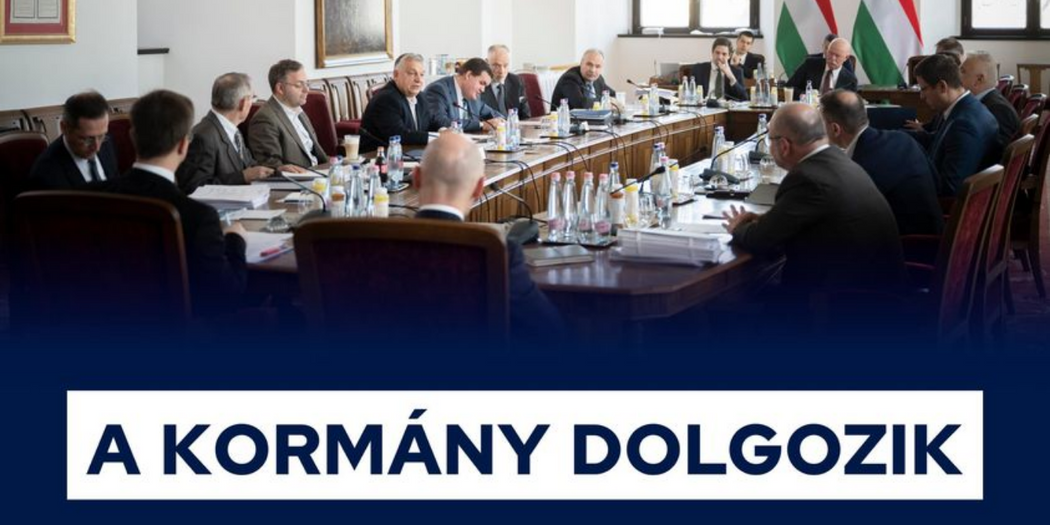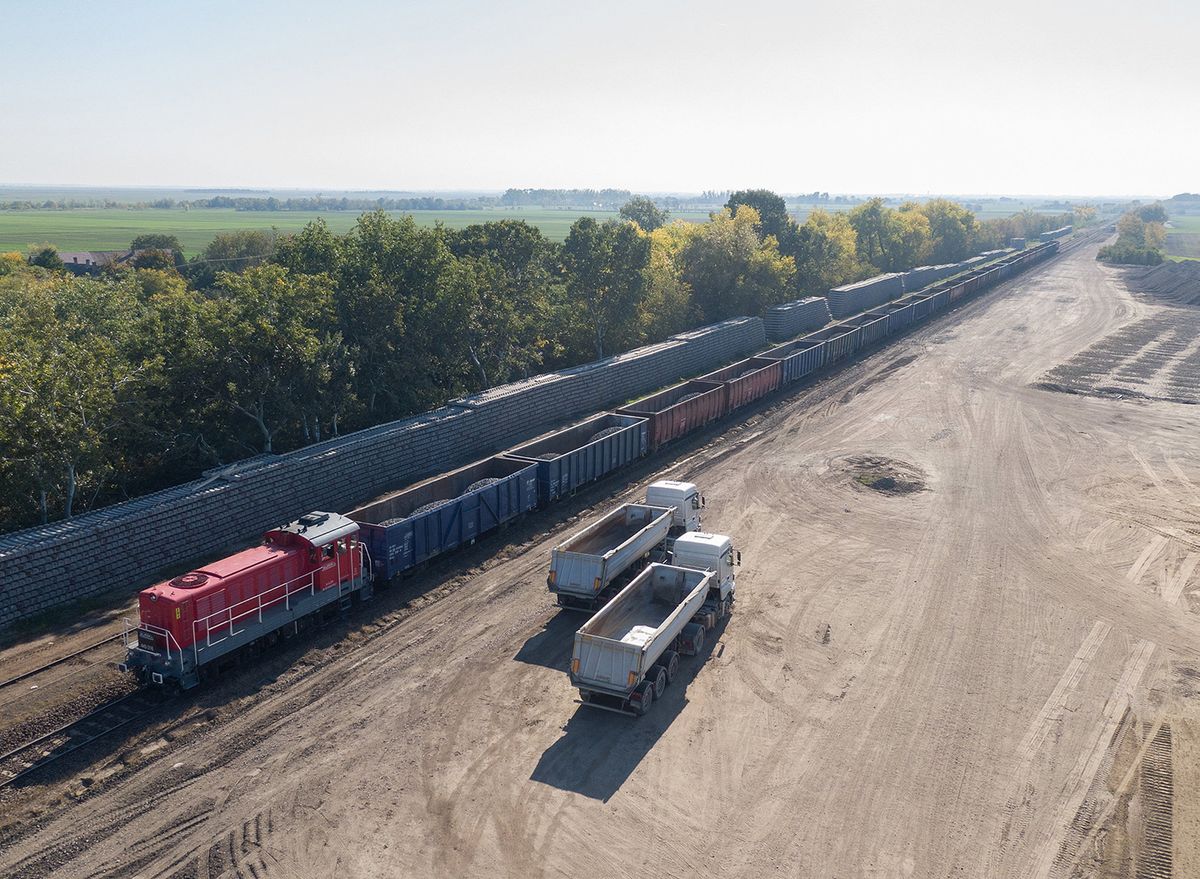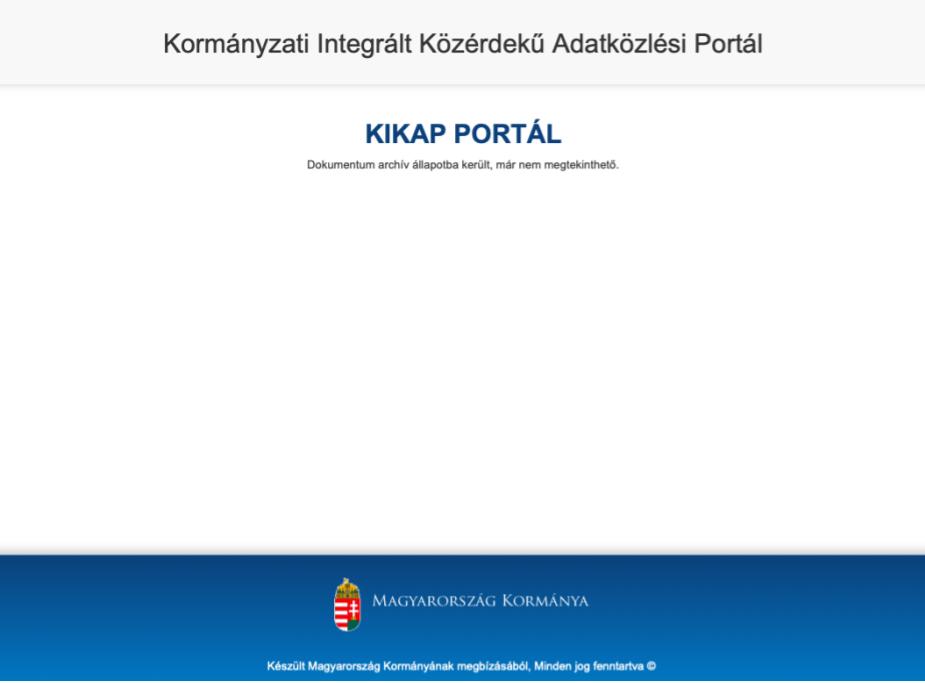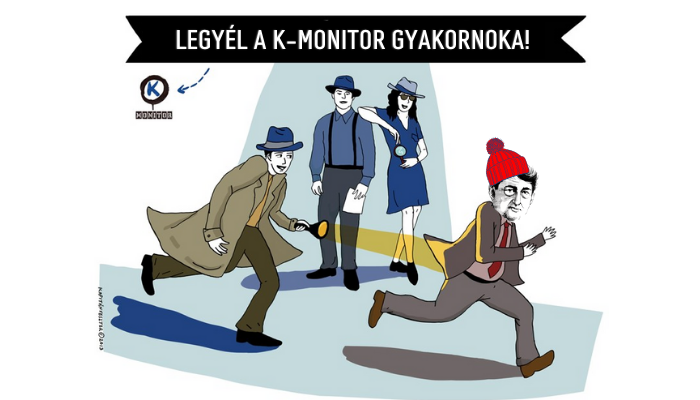Tegnap valóban “dolgozott a Kormány”, hosszú-hosszú várakozás után ugyanis elfogadták a 2024–2025-re vonatkozó középtávú Nemzeti Korrupcióellenes Stratégiát, valamint a hozzá tartozó akciótervet. Sajnos, magát a stratégiát egyelőre még nem tette közzé a Belügyminisztérium (aki szeretné ezt is elolvasni, annak ennek illetve ennek az oldalnak a frissítgetését tudjuk javasolni), ezért csak a stratégiaalkotás folyamatát és az akcióterv elemeit tudjuk értékelni ebben az írásban – a Korrupcióellenes Munkacsoport tagjaiként úgy, hogy rendkívül korlátozott mértékben ugyan, de ráláttunk a folyamatra.

Forrás: Orbán Viktor Facebook-oldala
Az, hogy a Stratégia hosszabb ideje az asztalon van, senki számára nem lehetett meglepetés, hiszen az előző stratégia 2022-ben lejárt (igaz, számos intézkedés végrehajtási határidejét 2023-ig meghosszabbították), ráadásul a feltételességi mechanizmus keretében a Kormány maga vállalta, hogy a korrupcióellenes keretrendszer megerősítése érdekében új, átfogóbb, ambiciózusabb korrupcióellenes stratégiát fog elfogadni. Ez a vállalás Magyarország EU-s Helyreállítási Tervének mérföldkövei közé is bekerült, amely részletes előírásokat is tartalmaz a Stratégia és akcióterv megalkotásának módjával és tematikájával kapcsolatban.
Apró csavar, hogy a stratégia elfogadásának tervezett határideje e dokumentumok szerint 2023. június 30. lett volna.








